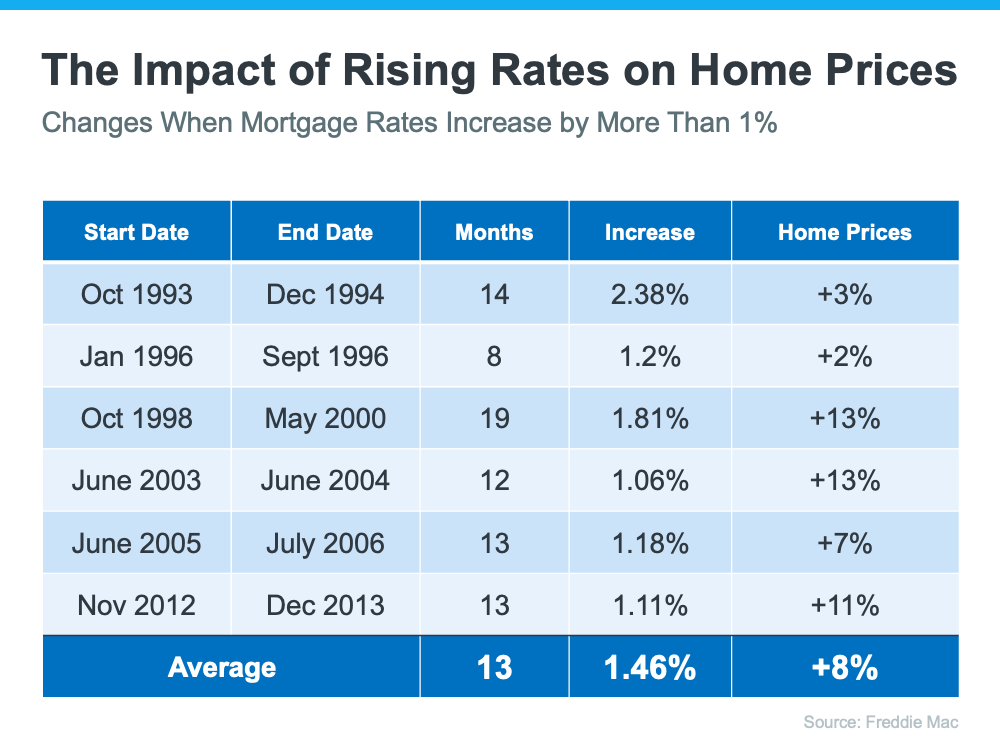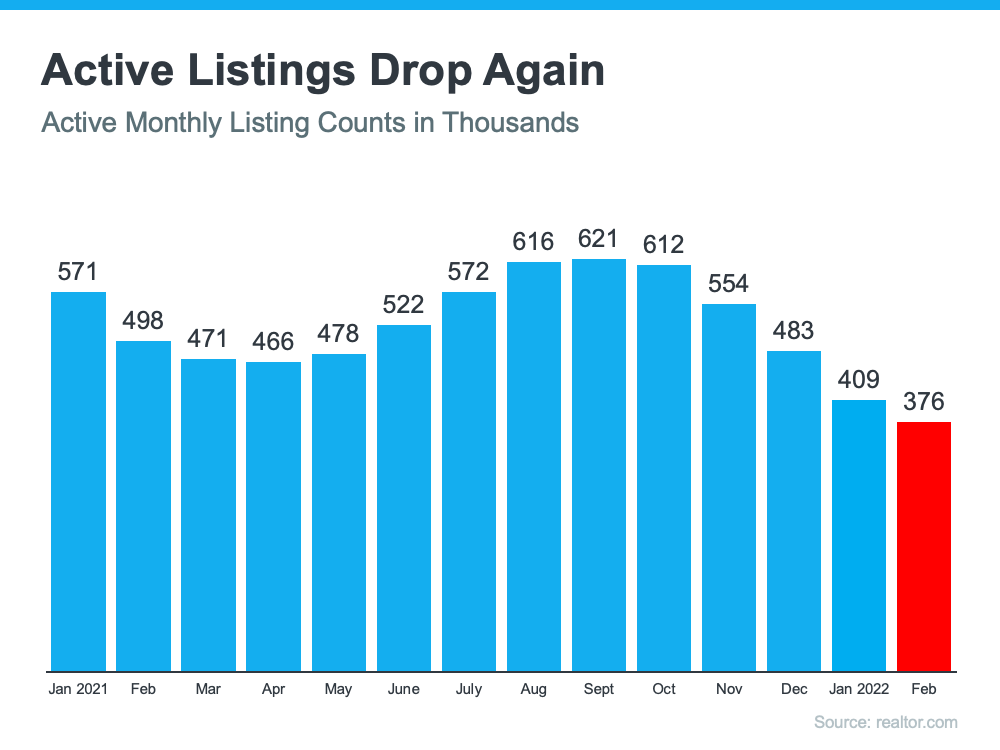Our guest author today is Bryce Green.
Being a homeowner sure sounds awesome. You own your own
home, and you can do with it whatever you please. This sense of freedom and
independence is why people take considerable mortgages to become homeowners.
But, before you run to your local bank, you should be aware of the
responsibilities of homeownership and what you'll have to deal with. After all,
having the complete picture is usually better than focusing on only the good
parts.
The responsibilities of homeownership
Before we begin, it is
essential to note that homes can differ wildly from one another. It should be evident that the
responsibilities of living in a flat can be different than living in a
two-story house. And homes with specific designs and added utilities can bear
further obligations for homeowners. For the sake of this article, we will only
focus on the most common responsibilities that homeowners face. Some of these
may or may not apply to you, depending on what your home is like.
Financial responsibilities
Let's first cover the
financial responsibilities of a brand-new homeowner. First and foremost, you
will need to make your mortgage payments. While renting, you could get away with being
late sometimes. But, with mortgage payments, you really need to be exact and on
time. One missed payment, and you soon get penalties on your credit report.
Miss a couple more, and you can quickly lose your home. So, understand that
mortgage payments are not something you can postpone or minimize. They are a necessary
monthly payment that you'll have to meet.
As a homeowner, it is paramount that
you are financially responsible.
The second financial responsibility heading your way is
property taxes. While renting out a home, this is one of the things that you
need not worry about. But, once you become a full-fledged homeowner, property
taxes become another burden to bear. Texas, unfortunately, has some of
the highest property taxes in the US. Taxes can add thousands of dollars to
your annual cost of homeownership. Be certain to determine the cost of taxes on
your home of choice.
Landscaping
If you are going to be a homeowner, you need to understand
that landscaping is not a matter of choice. If you want your yard to look nice
and avoid a whole lot of trouble, you will do your landscaping with due
diligence. This includes:
●
Mowing the lawn.
●
Gathering leaves.
●
Trimming the trees.
●
Regular cleaning.
●
Getting rid of snow.
●
Getting rid of ice.
Now, it is possible to make landscaping easier. As you'll
soon learn, there are plenty of tools and gadgets that make your job a lot
faster and more efficient. For instance, riding lawnmowers, leaf blowers,
snow blowers, fertilizer equipment, etc. All of these can make your task almost
effortless, not to mention more fun. But, they can be costly, especially if you
want to get the high-end stuff.
Some of the responsibilities of
homeownership can be costly.
Another option is to hire a landscaping company to maintain
your yard for you. While many homeowners choose to do this, keep in mind that
this isn't a cheap option. If you cannot maintain your yard (either due to lack
of time or a physical disability), hiring a landscaping company is your only
option. But, if you plan on doing so simply because of laziness, try to
consider how much money you'll spend on something you can learn to do by
yourself.
Home maintenance
A pearl of standard wisdom among homeowners is that there is
a difference between being able to buy a home and affording one. Being able to
buy a home simply means that you have enough money, or a good enough credit
score, to purchase a home. Being able to afford it, on the other hand, means
that you can invest in your home all the necessary funds to keep it decent
state. Even standard home maintenance includes:
●
Plumbing system maintenance.
●
Electrical maintenance.
●
Roof repair and replacement.
●
Gutter cleaning and repair.
●
Floor maintenance.
●
HVAC maintenance.
●
Heating system repair and
maintenance.
While you can learn to DIY some of these repairs, most will
require professional help—especially when it comes to serious issues around the
house. One thing that is important here to remember is that regular maintenance
and inspection save money in the long run. You can avoid most large repairs by
simply being attentive and performing home inspections on a regular basis. Yes,
no aspect of your home can last forever. Sooner or later, you might need to
replace your roof or install new floors. But you can prolong the well-being of
your home by decades if you understand what maintenance entails and perform it
with due care.
Pest control
Another
big part of home maintenance is keeping your home clean, whether you own or rent. But there is a
reason why doing so is even more critical if you are the sole owner. Namely,
properly cleaning your home is one of the vital aspects of pest control.
And
remember: you need to do this right away, even before moving into your new home.
But you will also need to make sure it stays clean after, and this you can do
by turning the spring cleaning into a habit.
If you do get a pest
problem, there are a couple of options you can go for. More mild versions are
the natural methods (either predatory pets or baits).
Old-school pest control can be
effective. But it rarely deals with the root cause.
While there are poison options and DIY fumigation, they will
likely only give superficial results. The safest option is to hire a
professional pest control service and have them tackle the core issue.
Final thoughts
As you can see, the responsibilities of
homeownership are manifold. But, don't be deterred. The mere fact that you own your home makes these responsibilities easier to bear.
And, who knows, you may even grow to like dealing with some.
Author bio:
Bryce Green worked as a contractor and a relocation manager for companies like Heavenly Moving and Storage. He now focuses on raising his daughters and writing helpful articles about relocation and homeownership.
Photos used:
https://www.pexels.com/photo/white-and-brown-painted-house-209274/
https://www.pexels.com/photo/calculator-and-notepad-placed-on-usa-dollars-stack-4386366/
https://www.pexels.com/photo/man-holding-orange-electric-grass-cutter-on-lawn-1453499/
https://www.pexels.com/photo/brown-wooden-mouse-trap-with-cheese-bait-on-top-633881/






![Spring Cleaning Checklist for Sellers [INFOGRAPHIC] | Simplifying The Market](https://files.simplifyingthemarket.com/wp-content/uploads/2022/03/16145923/20220318-KCM-Share-549x300.png)
![Spring Cleaning Checklist for Sellers [INFOGRAPHIC] | Simplifying The Market](https://files.simplifyingthemarket.com/wp-content/uploads/2022/03/16145925/20220318-MEM.png)









![Key Terms for Homebuyers [INFOGRAPHIC] | Simplifying The Market](https://files.simplifyingthemarket.com/wp-content/uploads/2022/03/09163232/20220311-KCM-Share-549x300.png)
![Key Terms for Homebuyers [INFOGRAPHIC] | Simplifying The Market](https://files.simplifyingthemarket.com/wp-content/uploads/2022/03/09163150/20220311-MEM.png)










![Supply and Demand in Today’s Market [INFOGRAPHIC] | Simplifying The Market](https://files.simplifyingthemarket.com/wp-content/uploads/2022/03/03164833/20220304-KCM-Share-549x300.png)
![Supply and Demand in Today’s Market [INFOGRAPHIC] | Simplifying The Market](https://files.simplifyingthemarket.com/wp-content/uploads/2022/03/03164835/20220304-MEM.png)

